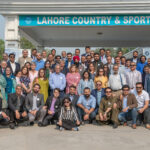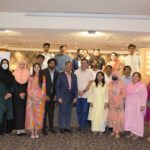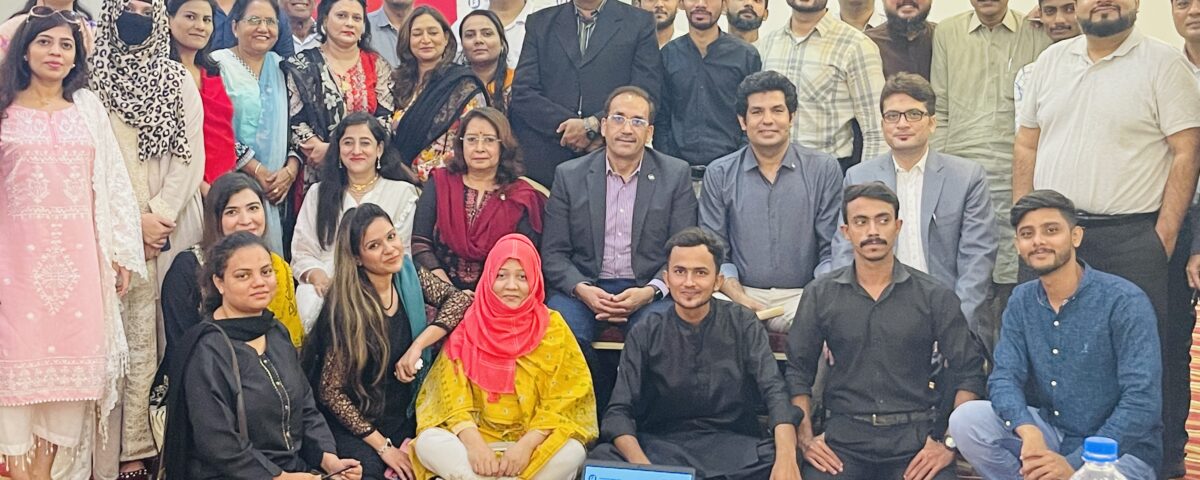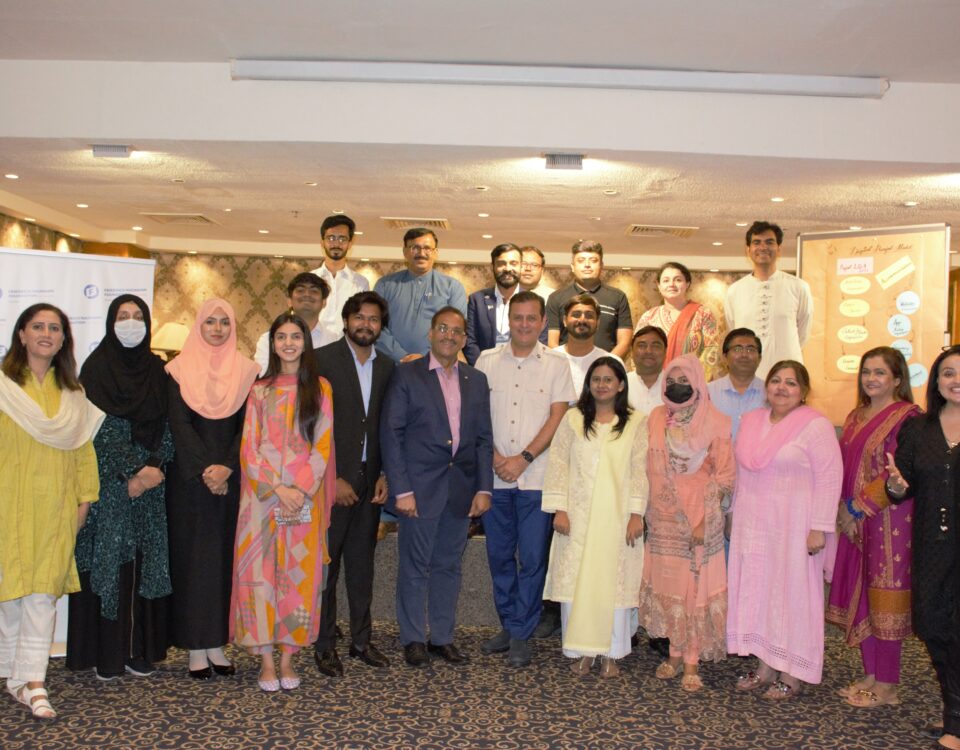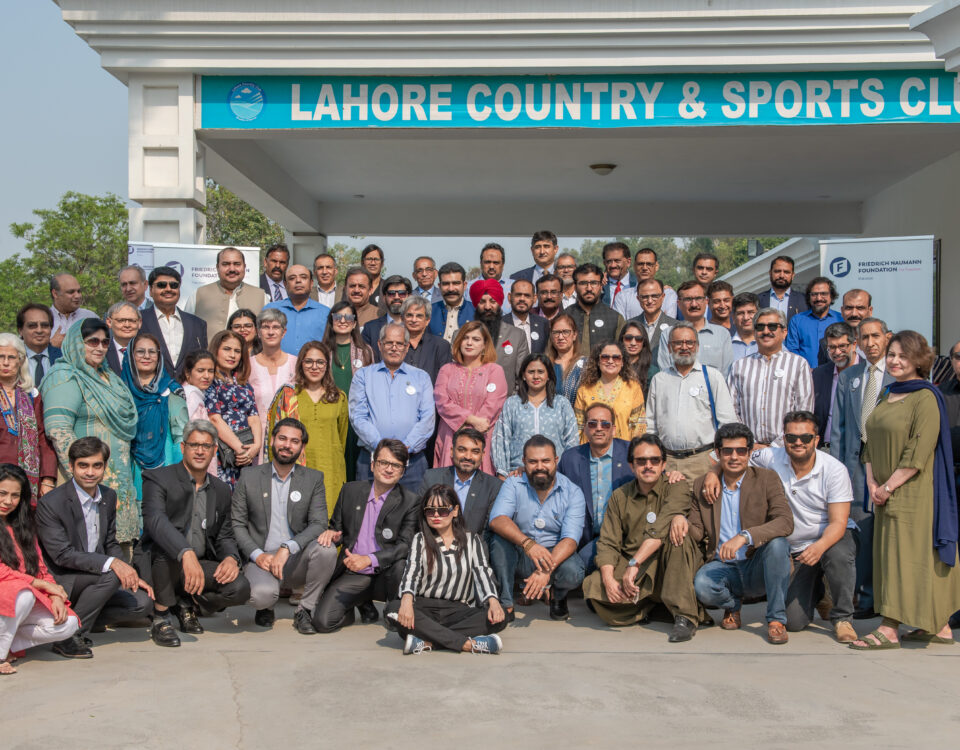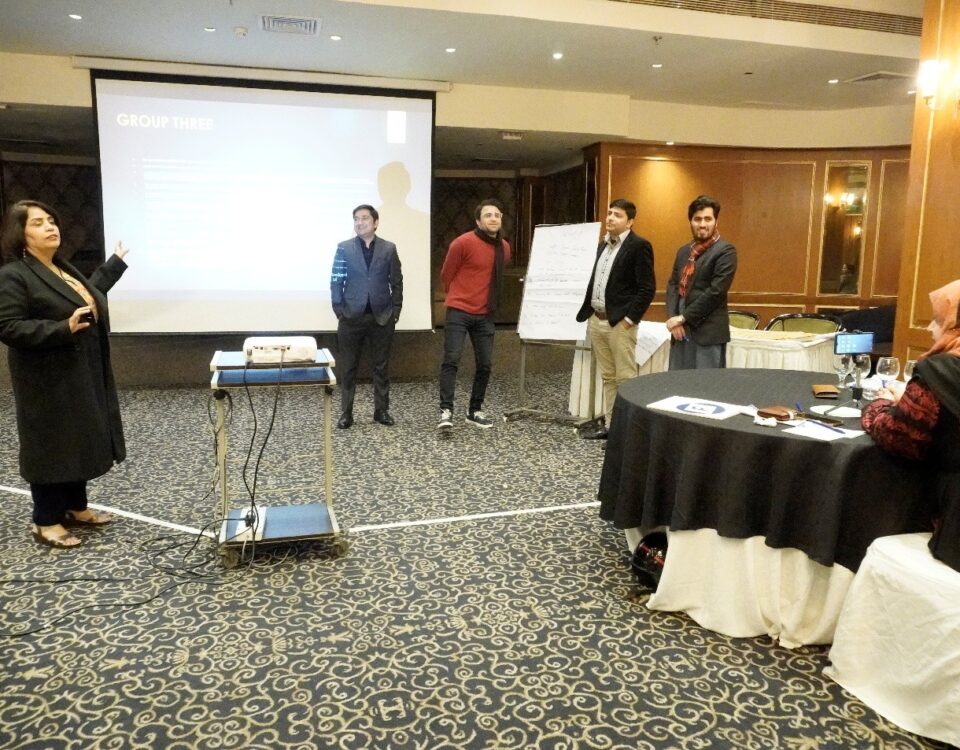Democratic Participation of Minorities in Upcoming Elections: Freedom Gate’s 2022 Workshops on Inclusion, Rights, and Leadership
Laying the Foundation for Political Inclusion
In 2022, Freedom Gate led a powerful series of workshops in Karachi and Hyderabad with a singular, focused theme: “Democratic Participation of Minorities in Upcoming Elections.” At a time when inclusion and representation are more critical than ever, these programs were designed to equip young leaders from minority communities with the tools, knowledge, and confidence to engage meaningfully in Pakistan’s democratic processes.
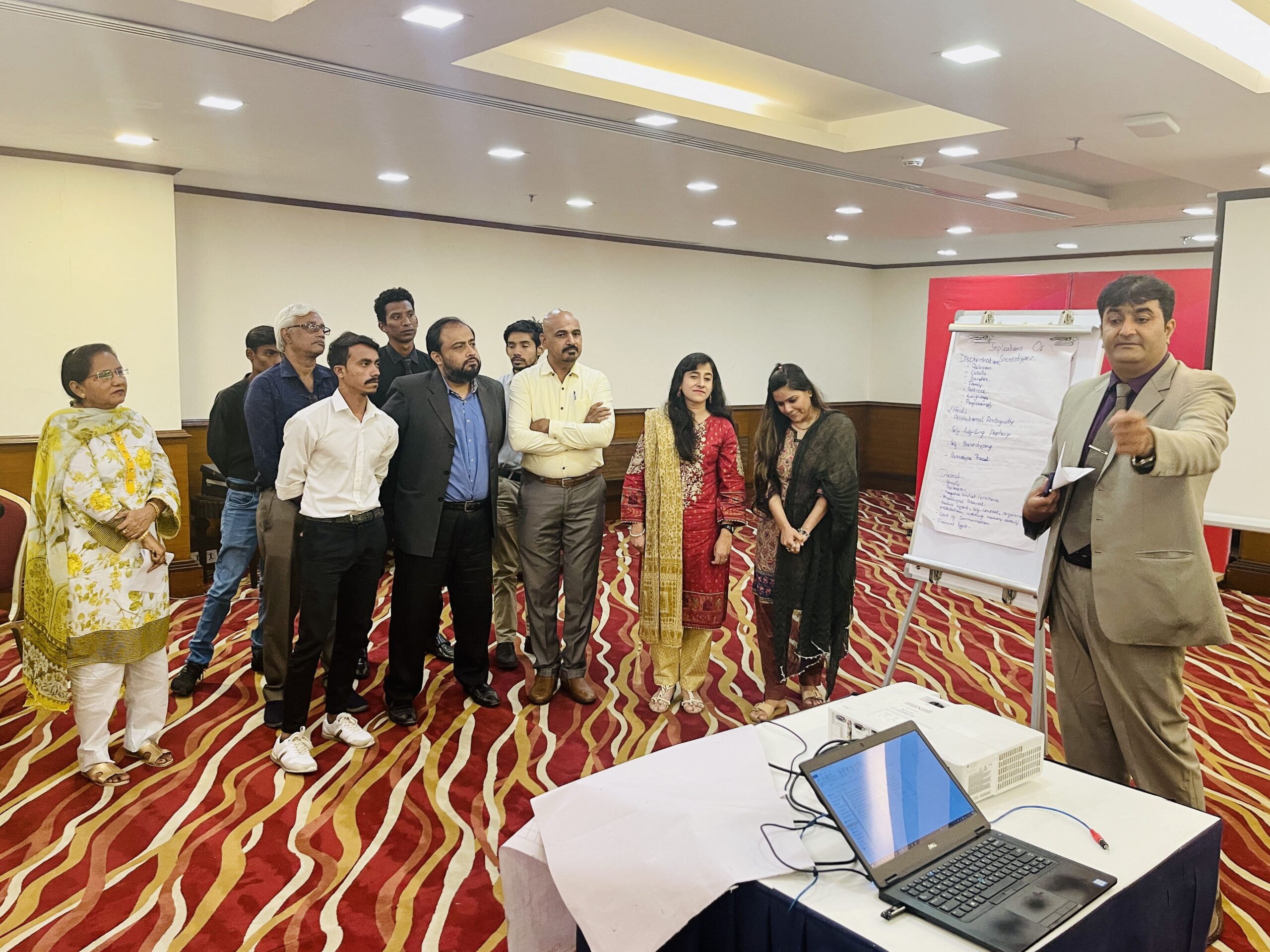
Held in May and September, the workshops brought together participants from religious, ethnic, and linguistic minority backgrounds for two-day immersive sessions that combined identity exploration, civic education, and leadership training. The initiative was not just about preparing participants to vote—but about preparing them to lead, advocate, and influence systems that have historically excluded them.
Through engaging discussions, reflective exercises, and participatory learning, Freedom Gate underscored its mission: to ensure that economic empowerment and climate justice must be built on the foundation of inclusive democracy.
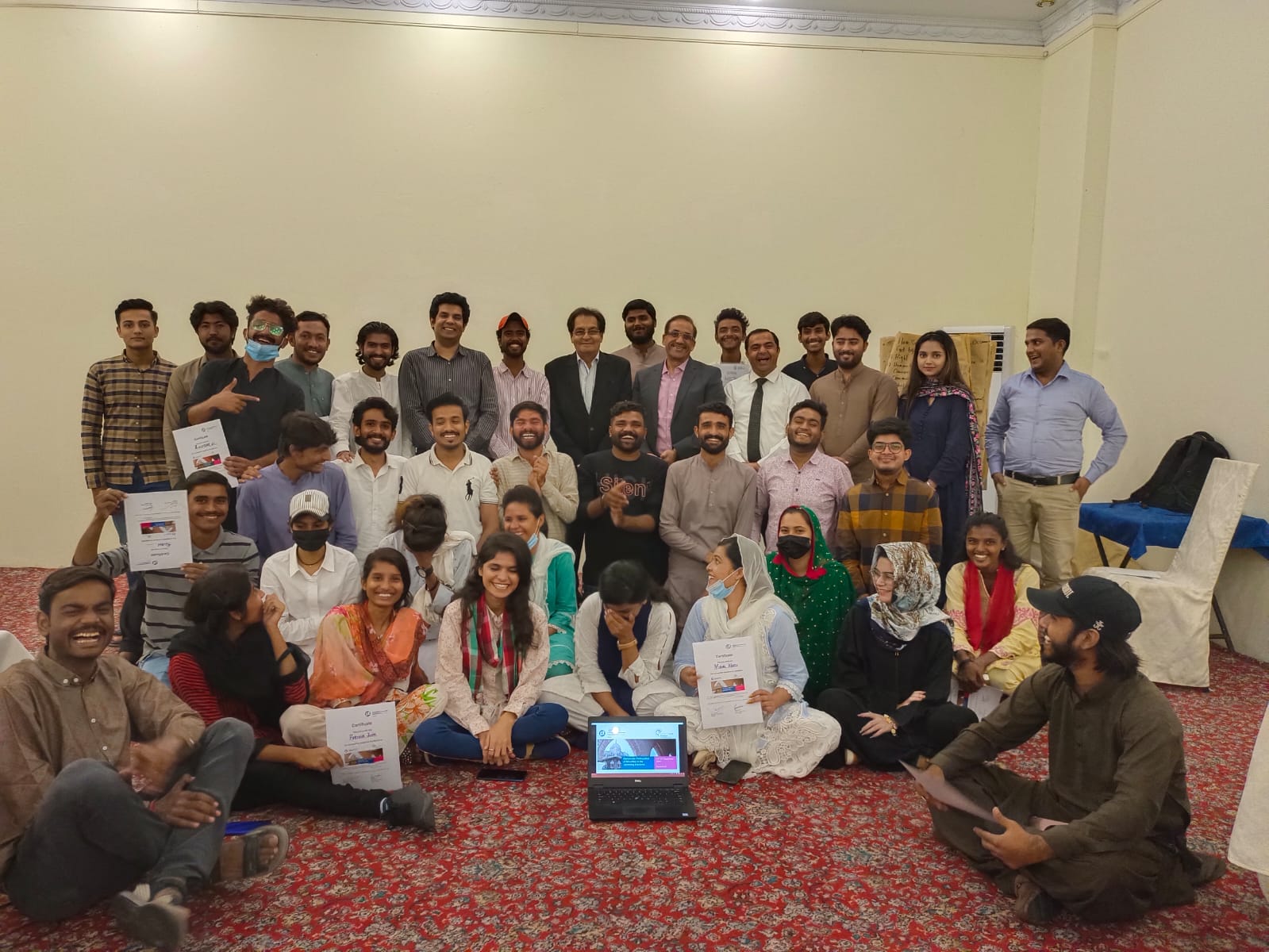
Identity, Stereotypes, and the Power of Representation
The workshops began with deeply personal and eye-opening sessions— “Who am I?”, “Stereotype or Fact?”, and “How Well Do You Know Me?”—which invited participants to confront internalized biases, share their stories, and discover common ground with others. These moments of reflection were not simply icebreakers—they were crucial in dismantling the social walls that prevent unity and collective action.
Moderated by Ross Mahtani, a seasoned advocate for minority rights, and coordinated by Muhammad Anwar from Freedom Gate, these sessions allowed participants to understand how identities are shaped, how stereotypes are reinforced, and how reclaiming one's narrative is the first step toward public participation.
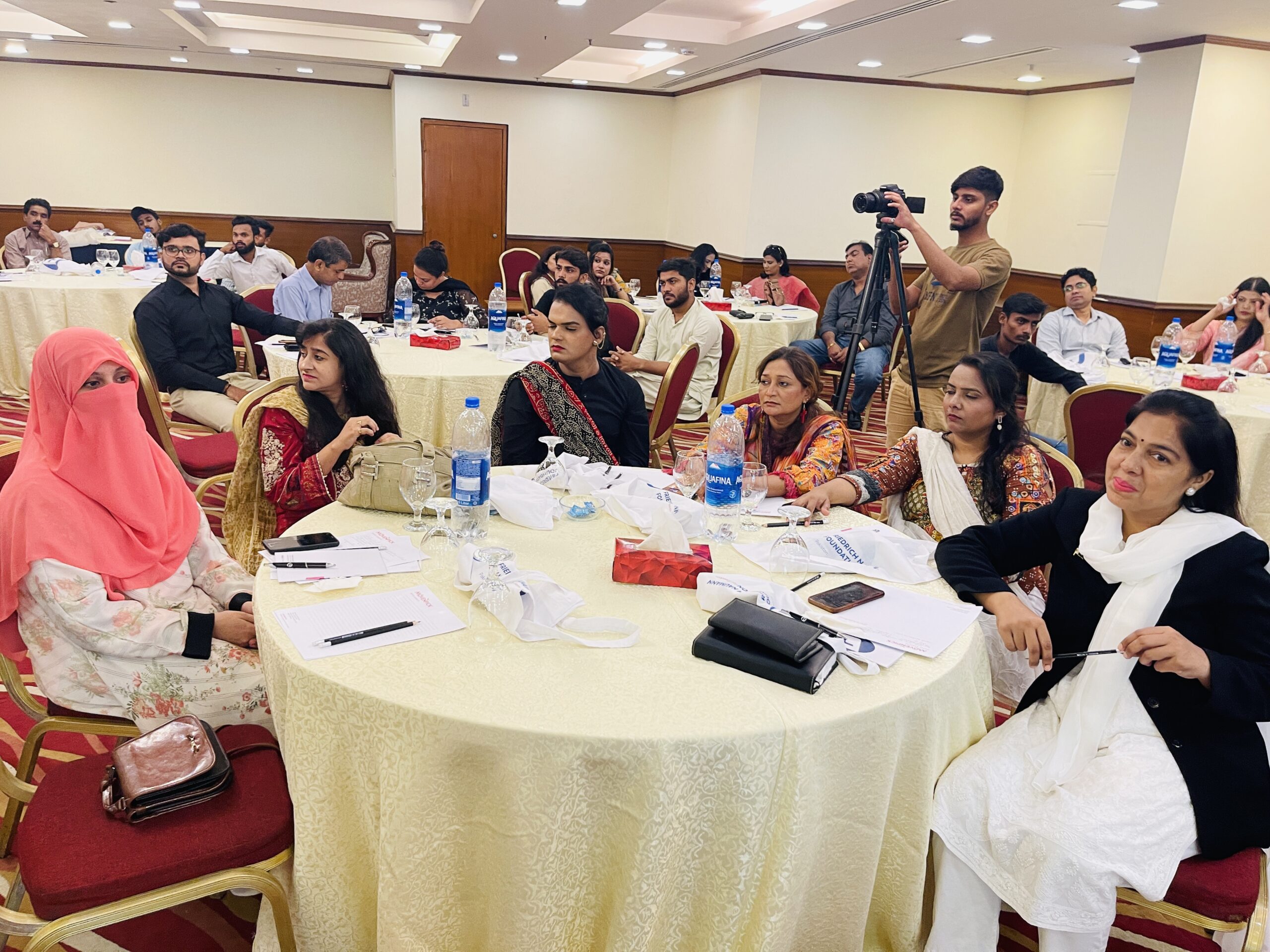
Group activities, including presentations on personal experiences and community challenges, further amplified the voices of participants. In a democratic society, representation begins with recognition—and these workshops ensured that every participant was seen and heard.
Understanding Rights and Mapping Exclusion
One of the central objectives of the training was to enhance participants’ understanding of constitutional and fundamental rights, especially those safeguarding minority communities. With sessions focused on civic literacy, legal protections, and the responsibilities of citizens, participants learned how to assert their rights within the electoral system and beyond.
The Problem Tree Analysis activity helped participants break down the root causes of marginalization—identifying barriers such as lack of education, limited access to media, voter suppression, and cultural discrimination. These insights were then used to create pathways toward more inclusive democratic participation.
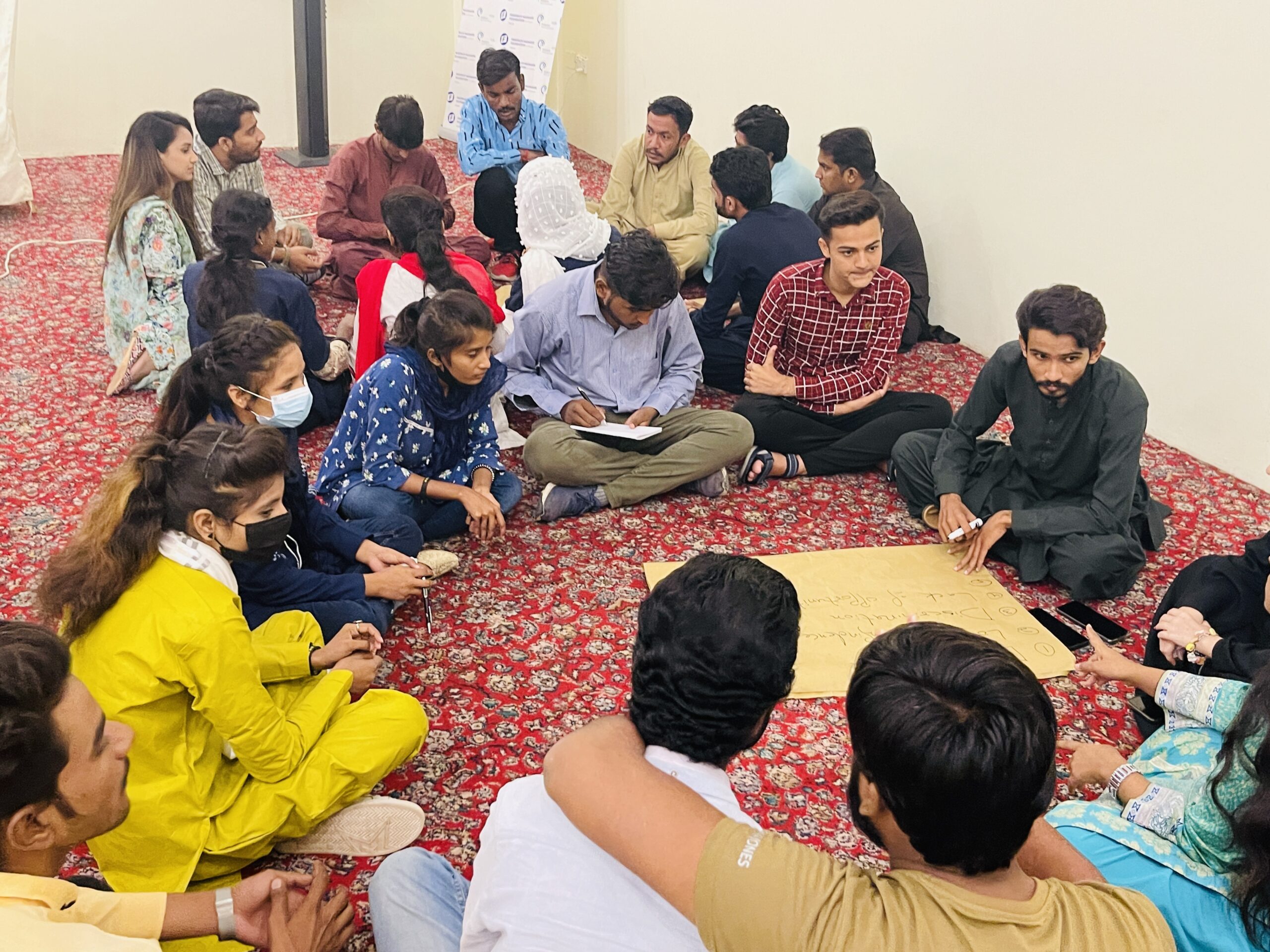
Discussions also touched on the electoral significance of minorities—how their votes matter, why voter turnout remains low in minority communities, and what measures can be taken to increase engagement, such as community-led awareness drives, dialogues with political parties, and advocacy for inclusive electoral policies.
Leadership, Mobilization, and Action
Empowering minority youth to lead was a critical thread running throughout the programs. The “Youth Leadership” session emphasized the role young people can play in political processes—not only as voters but as community influencers, watchdogs, and even future candidates. By spotlighting real-world leadership examples and encouraging peer collaboration, the sessions fostered a sense of possibility and responsibility.
The theme of inclusive democracy extended into broader reflections on social and environmental justice. Participants were encouraged to view democratic engagement as a tool not just for representation but for achieving community-specific goals—be it access to education, equitable resource distribution, or climate resilience in underserved neighborhoods.
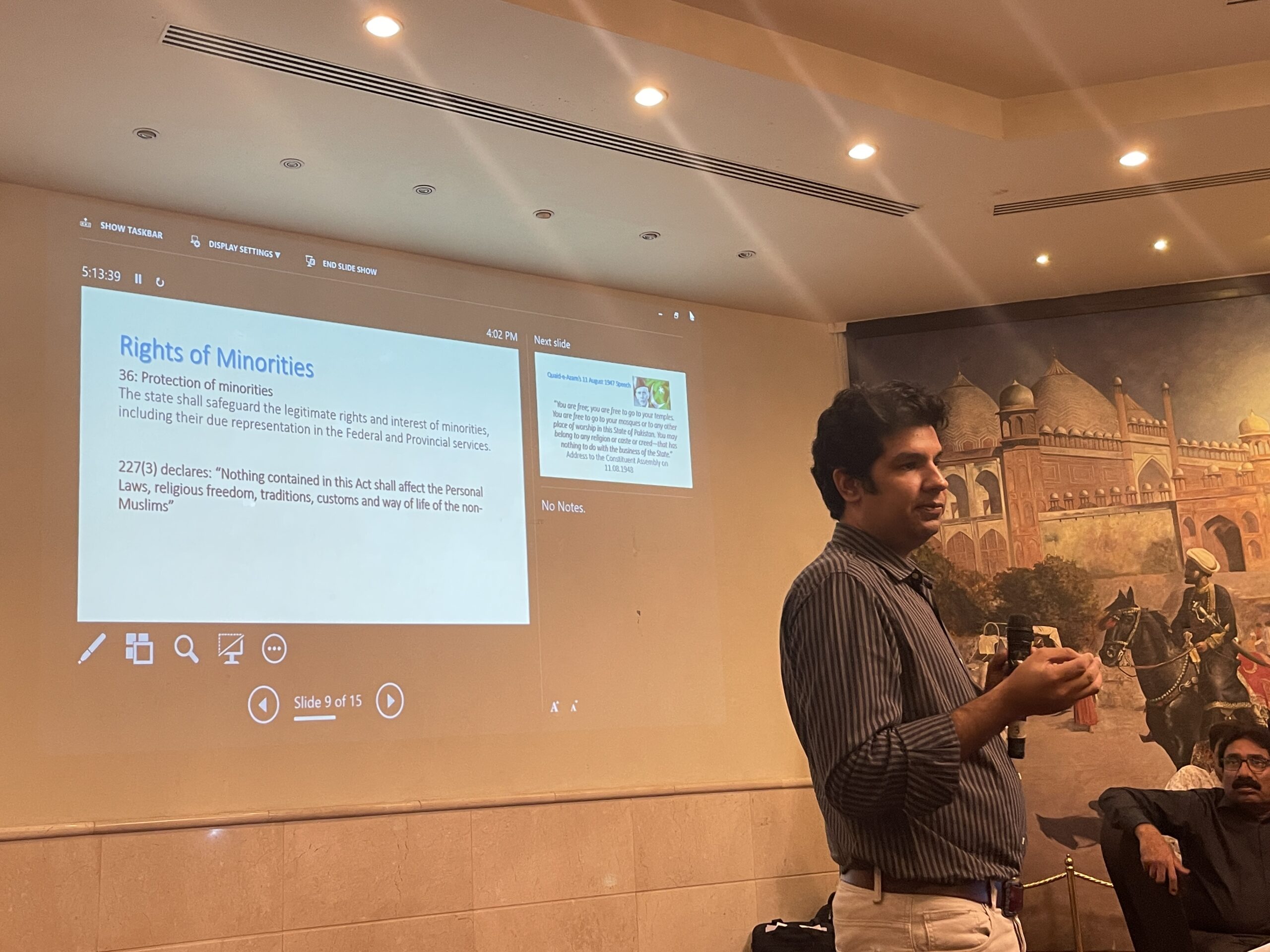
Workshops concluded with certificate ceremonies and feedback sessions, where participants expressed gratitude for the space to grow, challenge themselves, and walk away as more informed and confident citizens.
Key Outcomes and Takeaways
Civic Literacy Enhanced: Participants gained a stronger grasp of democratic structures and the legal rights of minorities in Pakistan.
Leadership Sparked: Youth were inspired and equipped to participate in public forums, raise their voices, and lead grassroots change.
Stereotypes Disrupted: Identity-based exercises helped participants overcome internalized stigma and build solidarity.
Strategies Formed: Root-cause analyses led to action-oriented discussions on how to mobilize minority communities for future elections.
Confidence Built: Attendees left the workshops better prepared to vote, organize, and advocate.
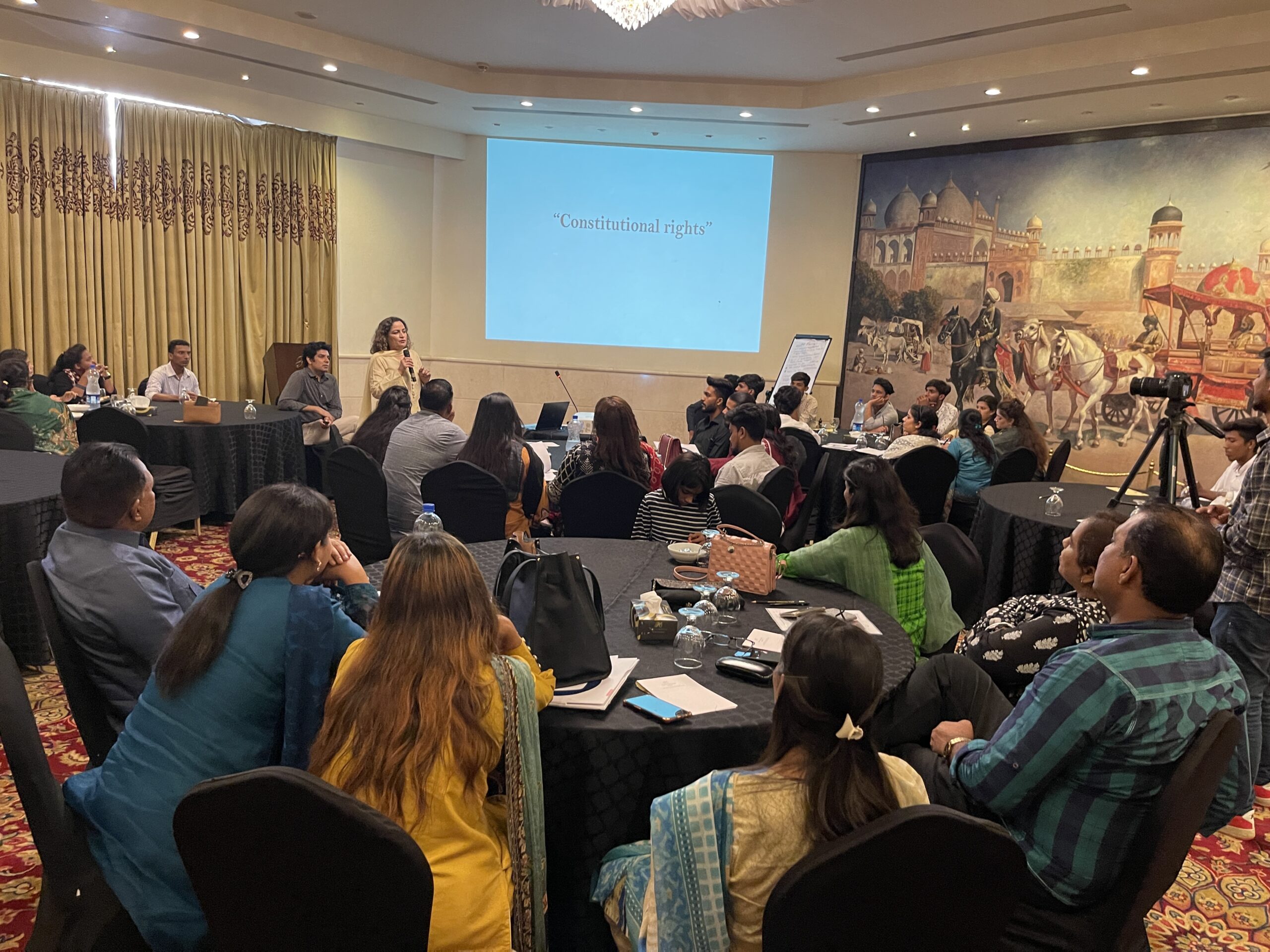
A Step Toward Equitable Democracy
By hosting these workshops at respected venues like Mövenpick Hotel and Pearl Continental in Karachi and Indus Hotel in Hyderabad, Freedom Gate demonstrated both logistical excellence and deep respect for its participants. These weren’t just training sessions—they were transformative experiences, planting the seeds of civic engagement where they are most needed.
As Pakistan prepares for upcoming elections, the need for inclusive participation is urgent. Minorities continue to face systemic barriers, but through initiatives like these, Freedom Gate is working to ensure their voices are not only heard—but empowered to shape the future.
With its unwavering commitment to social inclusion, economic empowerment, and climate advocacy, Freedom Gate is not only preparing voters—it is building a generation of change-makers. And in that lies the promise of a democracy that belongs to everyone.

